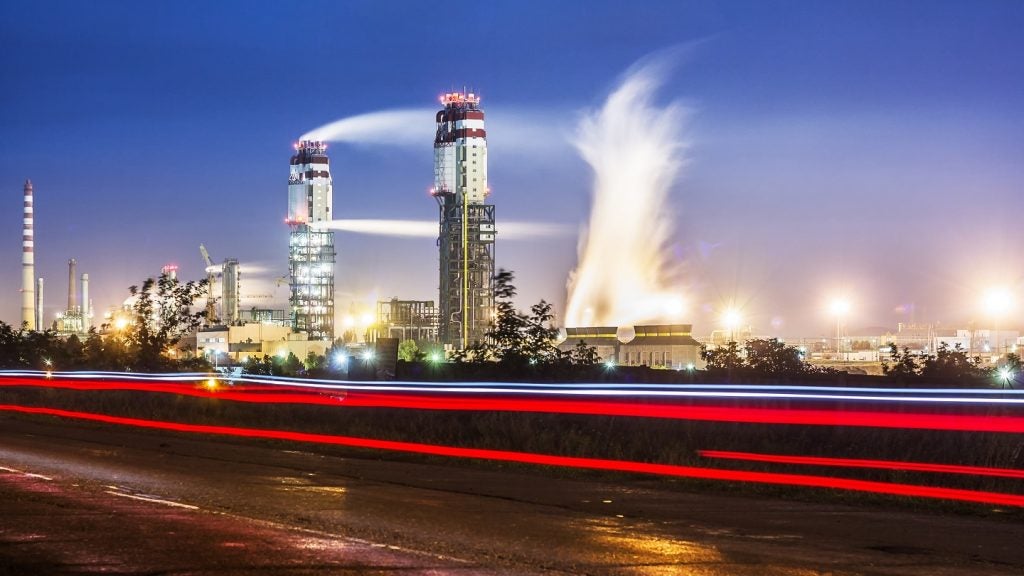Ampol operates the Lytton cracking refinery, which is located in Queensland, Australia. According to GlobalData, who tracks and profiles more than 1,400 refineries worldwide, it is a non integrated cracking owned by Ampol. The refinery started operations in 1965 and has a Nelson Complexity Index (NCI) of 6.55. Buy the profile here.
Maintenance activities at Lytton cracking refinery
The Lytton refinery cracking witnessed three incidents during the period 2017-2022.
Upcoming expansion project at Lytton cracking refinery
Gasoline Hydrotreater
Contractors involved in the refinery
Some of the key contractors for the upcoming projects at the Lytton cracking refinery include the following.
EPC: Saunders International.
About Ampol
Ampol Ltd (Ampol) is a transport fuel supplier and convenience retailer. The company purchases, refines, distributes, and markets petroleum products. It produces and supplies fuels, including diesel, jet fuel, liquefied petroleum gas (LPG), petrol, and lubricants and greases. The company also manufactures small amounts of fuel oil and specialty products. Ampol owns and operates refinery, convenience stores, road tankers, storage terminals, service stations and depots. The company also purchases refined products in the open market both domestically and overseas. It serves customers in retail, mining, agriculture, aviation, transport, marine, automotive and government sectors. The company has operations in Australia, New Zealand and Singapore. Ampol is headquartered in Alexandria, New South Wales, Australia.
For more details on the Lytton cracking refinery, buy the profile here.
Data Insights
From

The gold standard of business intelligence.
Blending expert knowledge with cutting-edge technology, GlobalData’s unrivalled proprietary data will enable you to decode what’s happening in your market. You can make better informed decisions and gain a future-proof advantage over your competitors.






